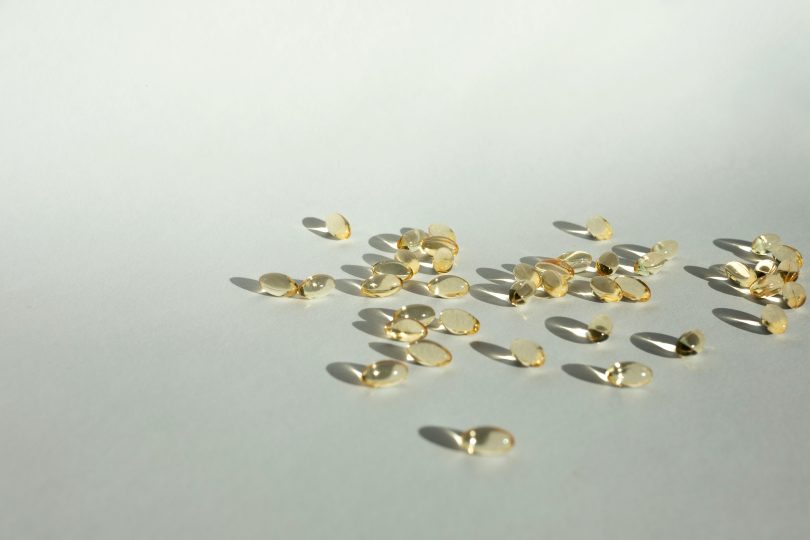Supplements are a multibillion dollar business in the US ($200 billion globally,) with more than half of Americans taking one or more of the 80,000 different supplements sold. But, in most instances, supplements are a waste of money. They provide no benefit or, worse, pose a threat to your health. Ali Patillo reports for National Geographic on the harm some supplements cause to people’s liver.
What you don’t know about supplements can really hurt you. And, there is no good information helping you to distinguish the supplements that could cause you serious harm from others. It has a lot to do with the ingredients. So, if you care about your health, it’s almost always better to eat a balanced diet and lead a healthy lifestyle than to take supplements.
In the last 25 years, researchers have increasingly found liver harm and liver failure associated with supplement use. Indeed, between 20 and 43 percent of liver harm is associated with herbal and vitamin supplements. People end up going to the emergency room. Check out additional resources on supplements on this government website.
Just last year, one study found that 15 million people in the US take compounds that are known to cause harm to the liver, including: turmeric, ashwagandha, black cohosh, garcinia cambogia, green tea, and red yeast rice.
If not liver issues, people who take supplements can suffer from changes in their mood, gastrointestinal issues, kidney stones and high blood pressure.
As with chemical additives in our food, about which we have little clue their effect on our health, toxic compounds in supplements are on the rise, as are dangerous drug interactions and overuse of supplements. Still, more than eight in ten people believe supplements work and are safe, even though they have not been tested. Many Americans resist going to the doctor for a medical condition for a host of reasons. Instead, they trust supplements to treat their conditions.
In some special cases, supplements can be helpful. Pregnant women might benefit from additional folic acid which prevents birth defects and older adults can benefit from vitamin B12 supplements. But, the available data does not show benefits from the vast majority of supplements.
To be clear, most people who take the appropriate dose of a substance probably will not be harmed, except financially for spending money on a product that does not benefit them. But, experts advise to avoid supplements with herbal and botanical ingredients and dietary supplements, which present greater risk to people.
Megadosing supplements is a particularly bad idea. It can disturb your body’s normal functioning. You can end up with headaches, insomnia, gastrointestinal issues and heart problems.
Here’s more from Just Care:










